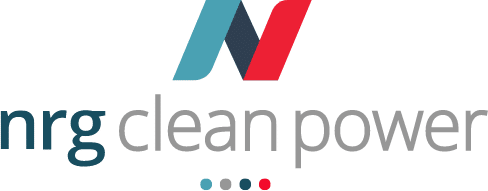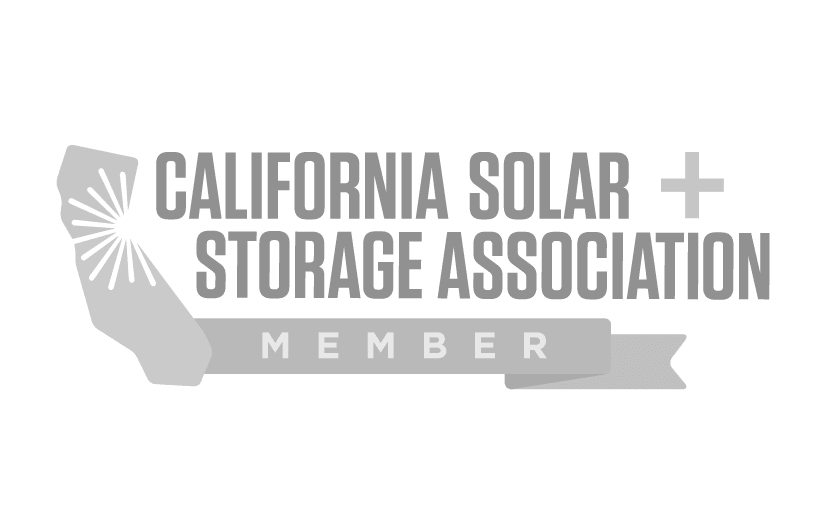Solar Is a Smart Investment for Your Home’s Energy Needs
Solar power is the most abundant, clean, and sustainable alternative to fossil fuels on the planet. Even better, you get to save money while being friendly to the environment. Despite the fact that solar energy has dominated the headlines, it would still be essential to note some of its finer points. The devil is always in the details when it comes to big projects, and getting up to speed on some basic financial and technical concepts is a good place to start.
The panels are only one part of solar energy
Even though solar panels get all the attention, a residential solar scheme is much more than just a collection of shimmery sheets on the building. The most experienced and best solar company will design the system for you, but you should be aware that in addition to solar panels and inverters, you’ll also need batteries and rack.
For more than just the cost of these, you must also take into account the space they will take up on your property. To ensure that you have the electricity you require around the clock, bulkier items like batteries are especially important. Racking is also critical to maximizing the performance of your solar panels. It also protects your roof and keeps the panels secure.
Energizing and conserving from solar power
The next challenge is figuring out much about the electricity you’ve generated with your solar panels from solar companies. You have two basic approaches to saving energy in your home. Net metering is an option when the house is linked to the main grid. As a result, you’ll be able to store extra energy in the grid and use it whenever you need it. Batteries may also be used to create a self-sufficient energy system, if you like.
Hybrid systems allow you to be on the grid while still retaining most of the solar reserves. If you’re going to be using batteries, keep in mind that you’ll have to have a power converter to keep track of the voltage. It is also necessary that the other pieces of equipment be present in order to securely join the equipment with the reserves.
Watch out for these things when using solar power at home
Expense seems to be the first consideration when deciding whether or not to buy anything. Solar panels companies can help you choose from a variety of solutions if you don’t have enough money saved up for the project. As a result, practically every homeowner ought to be likely to reap the benefits from one of the several start-up programs accessible to them.
The next critical component of solar electricity is, of course, the sun. Living in a place that gets a lot of sunlight is beneficial, but not necessary. When living in a region that receives little sunshine, you may either store excess energy or draw from the utility grid. Keep in mind the price of battery systems and other accessories while making a purchase. Aside from that, there aren’t many disadvantages to going solar at home!
Certifications are important
Your solar energy equipment should only be installed by professional solar companies. NABCEP certification and at least two years of practical learning expertise in solar or an allied sector are the greatest indicators of a company’s quality.
The North American Board of Certified Energy Practitioners (NABCEP) is the greatest national standard certification program currently available, and the top solar installers are certified by NABCEP. Even if they don’t have a NABCEP certification, you can check out solar company reviews.

